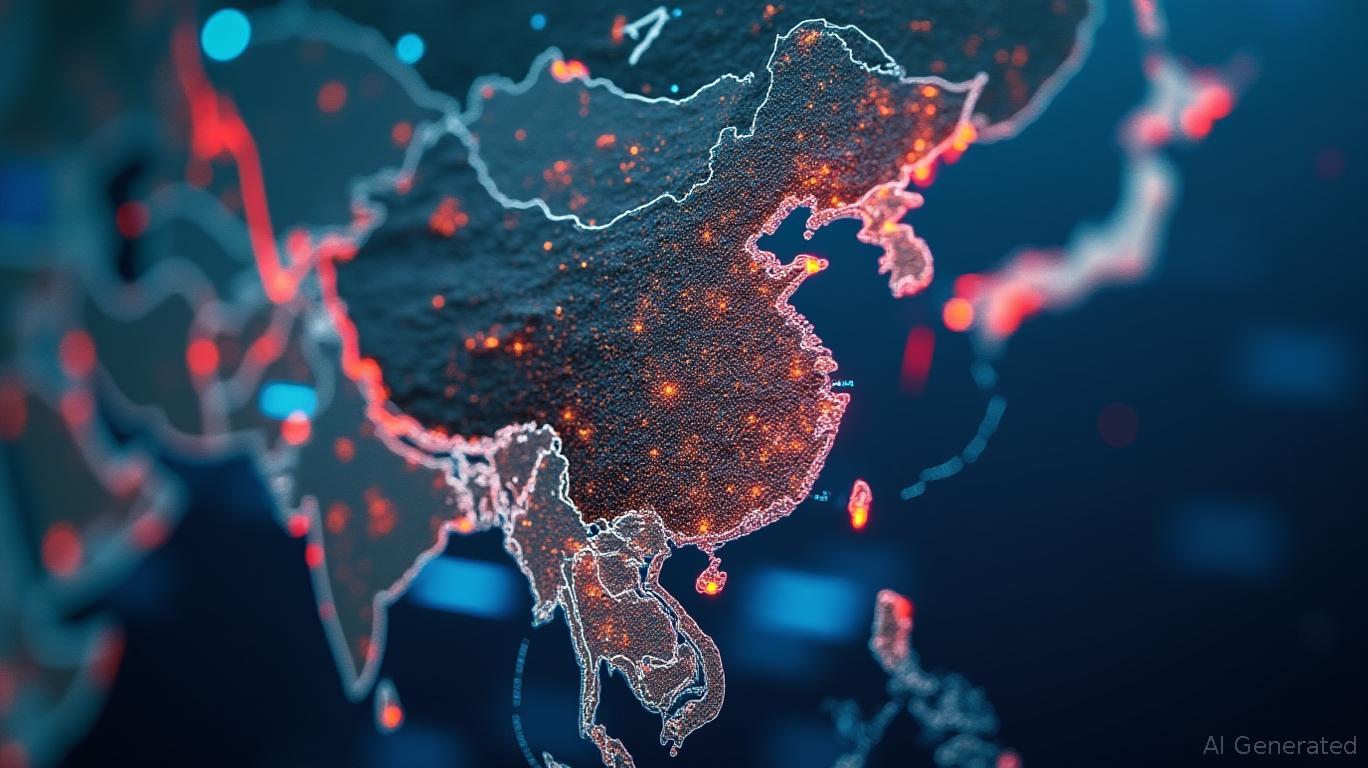East Asian stock markets decline as FTA negotiations stall and geopolitical tensions intensify
Stock markets in both Japan and South Korea saw notable drops today, with the Nikkei 225 Index falling by 2.50%. Experts attribute these losses to persistent geopolitical strains and shifting regional trade relations, which are shaping investor outlooks. The Kospi Index also declined, mirroring the widespread uncertainty as East Asian countries deal with intricate economic and political issues, according to
China’s renewed efforts to advance a trilateral free-trade agreement (FTA) with Japan and South Korea have brought regional economic integration back into focus, though significant barriers remain. At the Asia-Pacific Economic Cooperation (APEC) forum, Chinese Commerce Minister Wang Wentao highlighted the importance of restarting the FTA talks, which began in 2012 but have stalled in recent years. Nonetheless, analysts warn that Japan’s recently elected conservative government, led by Prime Minister Sanae Takaichi and closely aligned with U.S. President Donald Trump, may be hesitant to deepen economic ties with China. Alicia Garcia-Herrero, chief economist for Asia-Pacific at Natixis, observed that Takaichi’s pro-U.S. orientation could restrict the FTA’s reach, and any benefits for South Korea and Japan might be overshadowed by China’s increasing self-reliance in critical industries, the Korea Times reported.

Meanwhile, South Korea has expressed a positive outlook on its economic rebound. President Lee Jae Myung stated in his annual budget address that the nation has "reached a turning point," referencing a 1.2% GDP increase in the third quarter and stronger consumer confidence. Lee announced that government spending will rise by 8.1% in 2026 to 728 trillion won ($512 billion), prioritizing sectors like AI, semiconductors, and cultural exports. The administration’s $20 billion emergency package, which includes direct cash payments, has stimulated domestic consumption, though obstacles remain in stabilizing exports amid U.S. tariff risks, according to
The trilateral FTA also faces challenges beyond political considerations. China, Japan, and South Korea are already members of the Regional Comprehensive Economic Partnership (RCEP), which provides a less comprehensive trade arrangement. Su Yue, principal economist for China at the Economist Intelligence Unit, suggested that further integration is likely to be limited, with advancements mainly possible in services and digital trade. At the same time, Japan’s restrictions on advanced semiconductor equipment exports and China’s curbs on rare earths continue to create friction, making broader collaboration more difficult, the Korea Times noted.
As these events unfold, the relationship between geopolitical risks and economic policy will continue to play a crucial role. With the U.S. Supreme Court preparing to review Trump’s tariff powers next week, investors are paying close attention to how regional partnerships and trade policies adjust to developments in Washington, the Korea Times added.